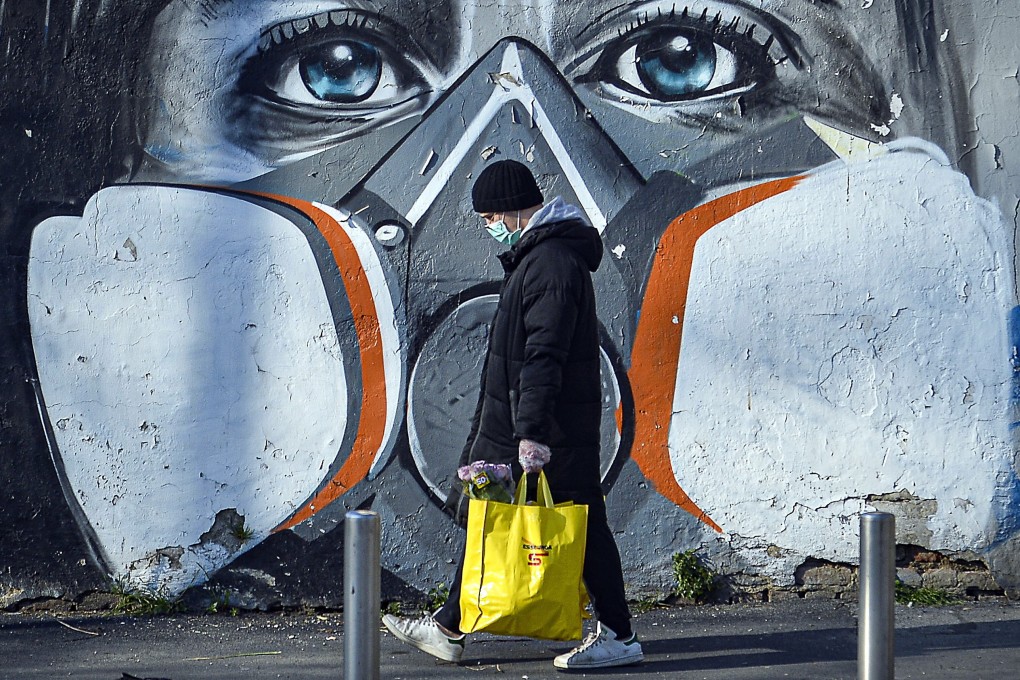Advertisement
Coronavirus: border closures hamper Italy’s fight against Covid-19
- Shipments of medical supplies to epicentre of the pandemic are being held up as Schengen area shuts down
- Italy’s only representative on EU advisory panel is worried about the effects of the disruption
Reading Time:3 minutes
Why you can trust SCMP
0

With many of Europe’s internal borders closed, transport times have lengthened for medical supplies to reach Italy, currently the world’s epicentre of the Covid-19 outbreak.
That is a major worry for Dr Maria Capobianchi, who spoke to the South China Morning Post on Tuesday, just minutes after she was appointed to a newly formed panel of scientists tasked with advising the European Union on the fast-moving pandemic.
Capobianchi led the Italian research team which was the first in Europe to isolate the new coronavirus, a vital first step in the search for a vaccine.

As the coronavirus sweeps across the continent, one country after another has suspended the borderless arrangement known as the Schengen area, with cars queuing for kilometres at several checkpoints. For Italy, with one in 10 patients in intensive care, the disruption is undesirable.
“It is more difficult with the internal borders for Italy to receive medical equipment from other EU member states. Disruption must be avoided to be able to ensure uniform distribution of medical equipment to the places most in need,” said Capobianchi, director of the virology laboratory at the National Institute for Infectious Diseases in Rome.
Advertisement